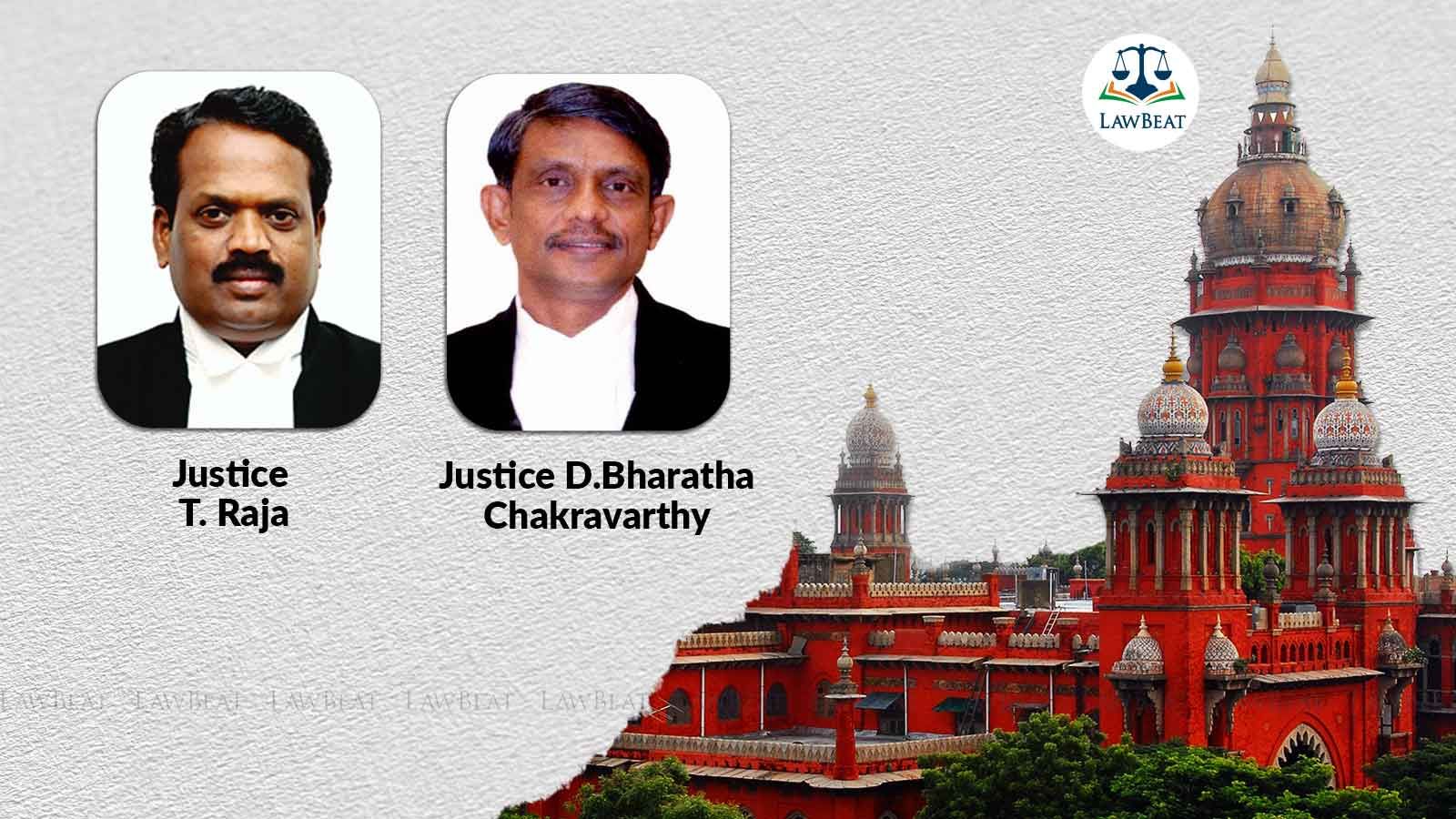'English is not a mandatory subject': Madras HC directs NMC to grant eligibility certificate to foreign graduate

The NMC had refused to issue eligibility certificate needed to appear in the Foreign Medical Graduate Examination to the woman on the ground that she had not studied English as a mandatory subject in her 12th standard, an essential requirement
The Madras High Court recently allowed an appeal moved by an overseas citizen of India seeking permission to practice medicine in the country.
One Ouwshitha Surendran, an overseas citizen of India, had been denied eligibility certificate by the National Medical Commission (NMC) which is needed to appear in the Foreign Medical Graduate Examination on the ground that she had not studied English as a mandatory subject in her 12th standard, an essential requirement.
A single judge bench of the high court had also dismissed her petition against the decision of the NMC holding that she did not qualify as per the rules and that the rules were mandatory.
However, in appeal, the division bench of Chief Justice SV Gangapurwala and Justice D Bharatha Chakravarthy pointed out that the Government of India has framed the New Education Policy, which has led to dilution of what was contemplated as a straight jacket rule.
The bench highlighted that in view of the new policy, the NMC itself, by a public notice dated November 22, 2023, had amended its previous stand retrospectively to permit the study of any missing subject as an additional subject.
Court further pointed out that the regulations did not prescribe English as a mandatory subject unlike Physics, Chemistry and Biology, but NMC as well as the single judge bench had treated the matter as if it was mandatory to have ‘English’ as a subject.
Court stressed that the woman had undergone her education in competent and proper institutions and she had completed her MBBS Course by proper 10 +2 + 5 years.
"Like any other student, she is also entitled to lead a professional life and career and her case deserves consideration empathetically. To make her sit at home, inspite of her qualification would cause gravest prejudice to her," said the bench.
Therefore, noting that Surendran had the requisite qualification to enter and undergo an MBBS Degree in India, court allowed her appeal.
Court set aside the single judge bench's order and quashed the NMC order. It directed the NMC to issue eligibility certificate to Surendran and consequently declare the results of her Screening Examination of Foreign Medical Graduates and register her as a Medical Practitioner, if there is no other impediment.
Surendran had done her school education in India from Central Board of Secondary Education till her class 10. Thereafter, her family moved to Sri Lanka where she completed her 12th standard. After that, she completed her MBBS degree from Sinchuan University, China.
Thereafter, she returned to India and married an Indian man. When she applied before NMC for issuance of an eligibility certificate for the Foreign Medical Graduate Examination, she was denied the same. The NMC objected that she did not undergo regular, continuous and co-terminus/simultaneous teaching and training in the subject of English as per the provisions of the eligibility requirement for taking admission in an Undergraduate Medical Course in a Foreign Medical Institution Regulations, 2002, read with Graduate Medical Education Regulations, 1997, as well as the Code-7 under Chapter 4 of the NEET – UG, 2021.
On the other hand, Surendran claimed that all through her school and college, her medium of instruction was only English and she had studied English as a subject up to 10th Standard in the CBSE curriculum. Moreover, she had also cleared the IELTS examination with a score of 7.5/9 and she was proficient in English.
Case Title: Ouwshitha Surendran v. National Medical Commission and Others
